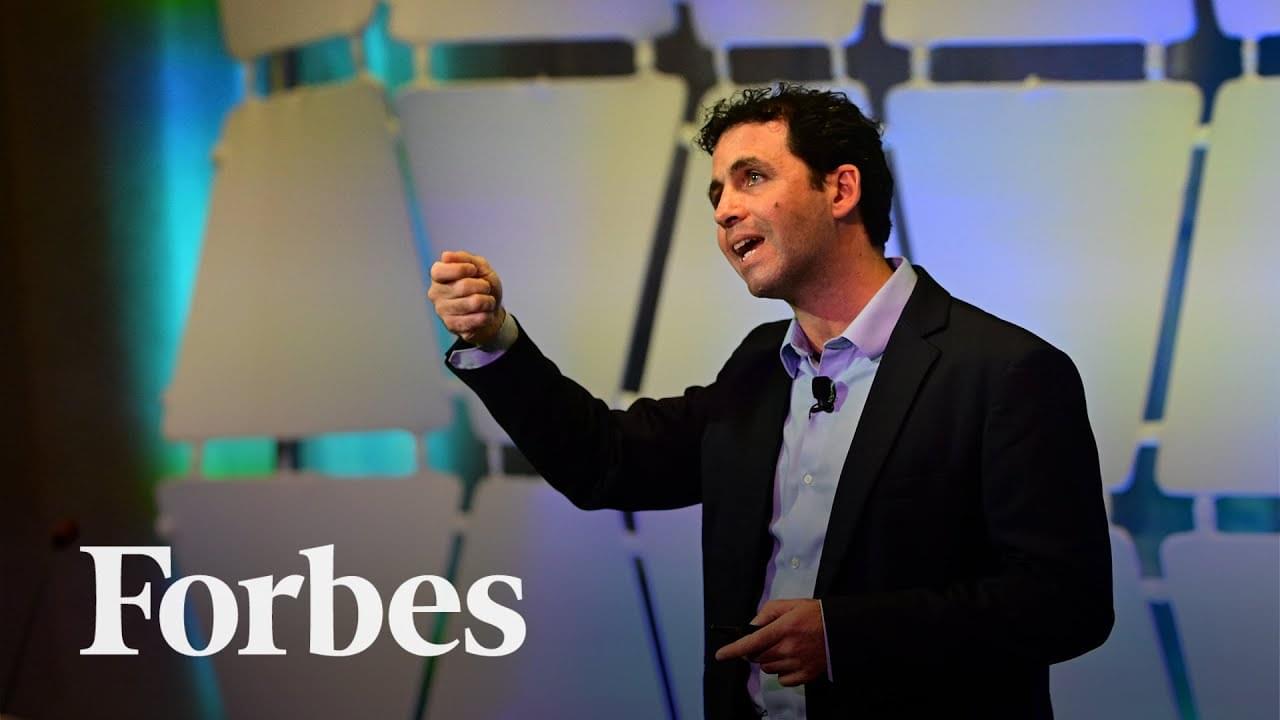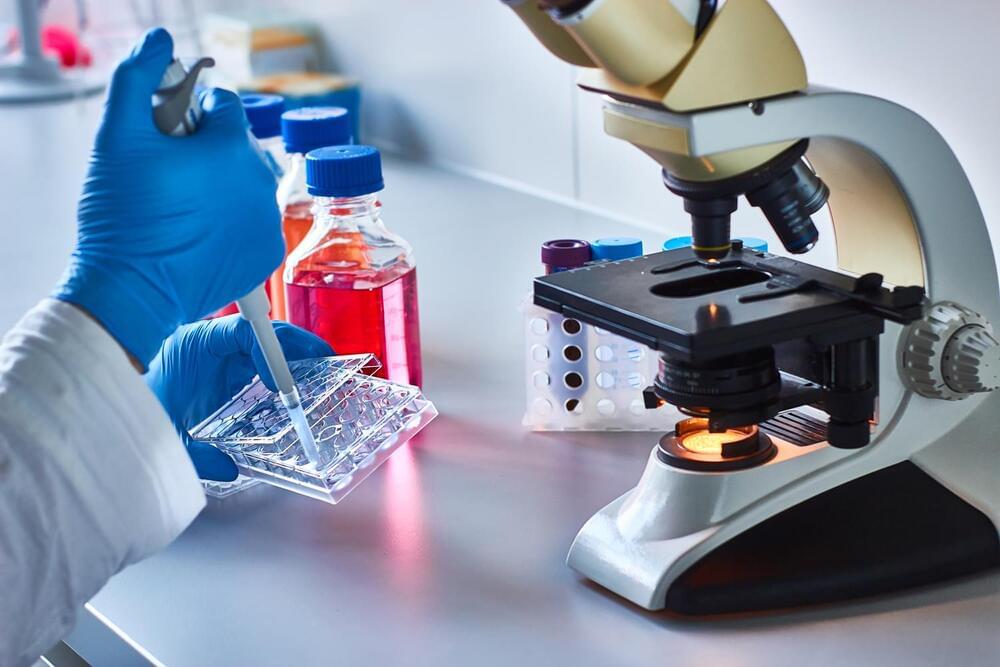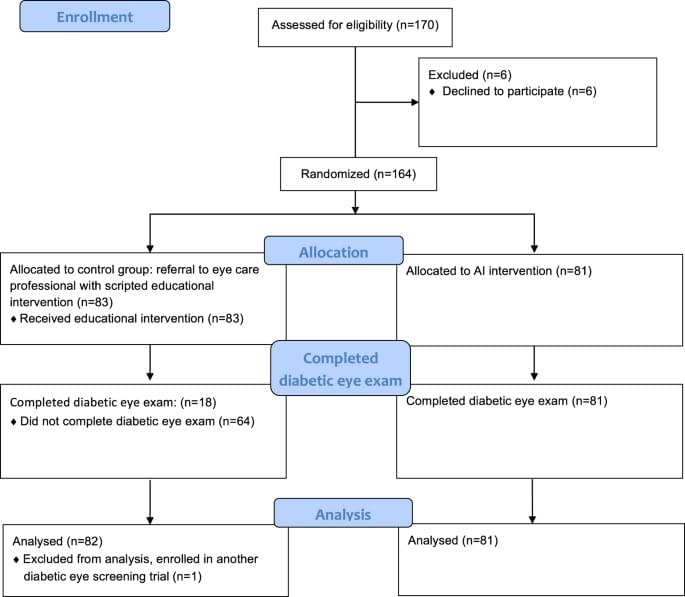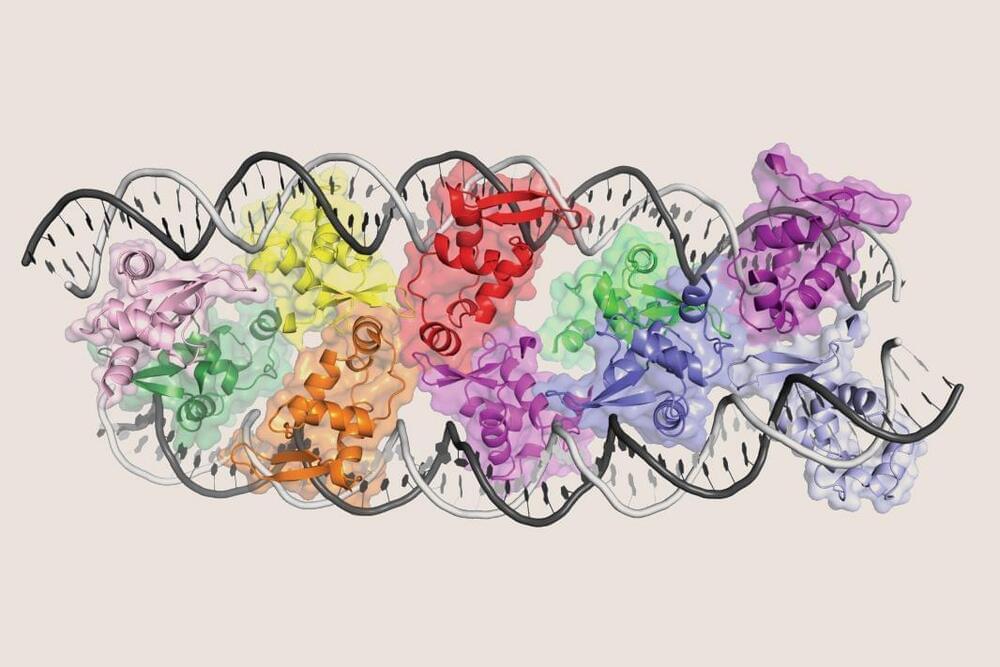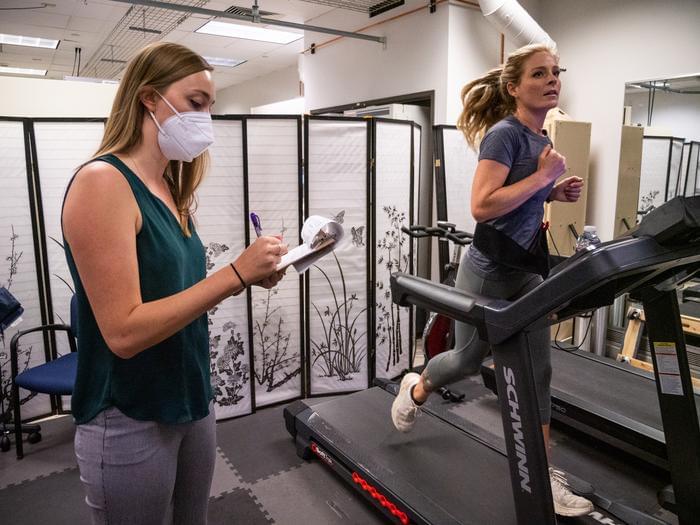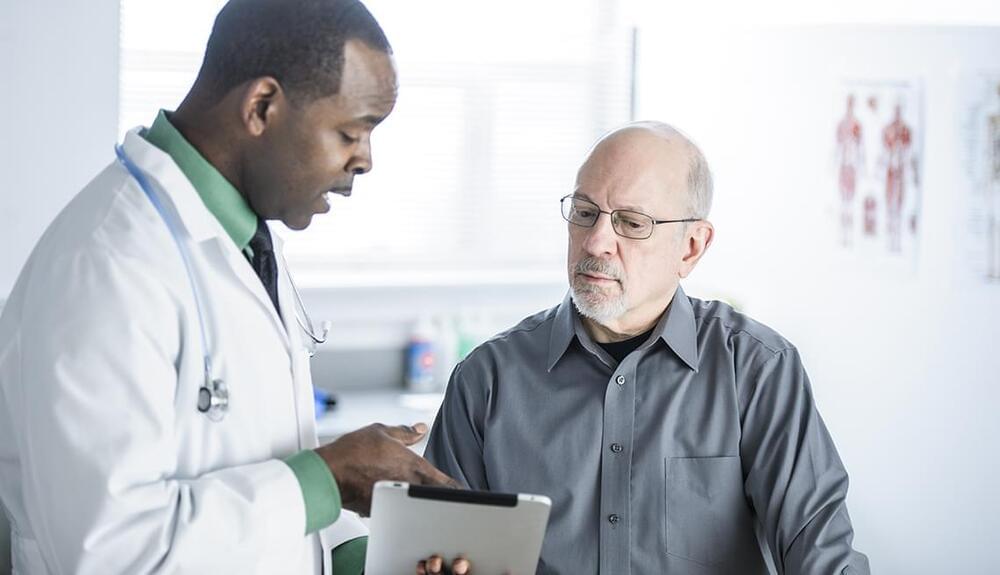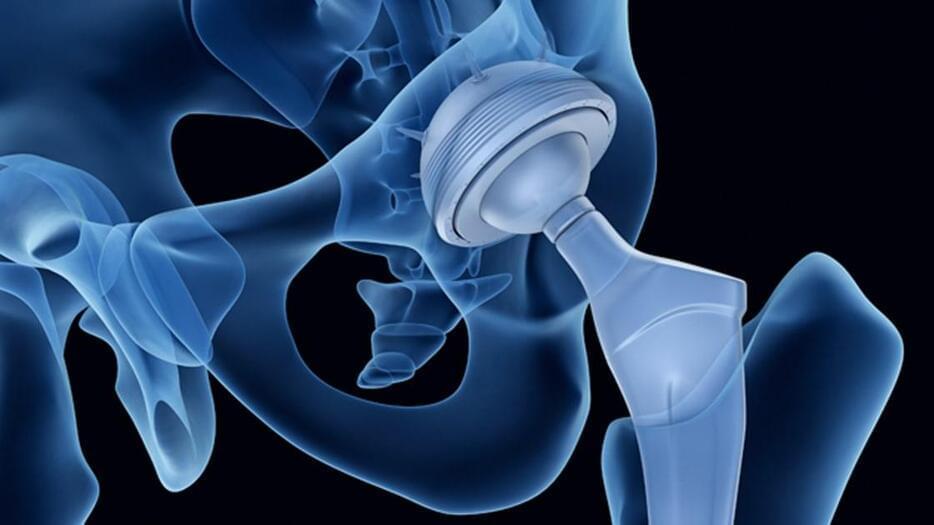Jan 12, 2024
Curing Disease With Genetics And AI
Posted by Shubham Ghosh Roy in categories: biotech/medical, blockchains, genetics, robotics/AI
Manolis Kellis, an accomplished Computer Science Professor at MIT and member of the Broad Institute, is a trailblazer in computational biology. Renowned for leading the MIT Computational Biology Group, his impactful research spans disease genetics, epigenomics, and gene circuitry. With numerous cited publications and leadership in transformative genomics projects, Kellis has garnered prestigious accolades, including the PECASE and Sloan Fellowship, shaping the field with his international perspective from Greece and France to the US.
Fuel your success with Forbes. Gain unlimited access to premium journalism, including breaking news, groundbreaking in-depth reported stories, daily digests and more. Plus, members get a front-row seat at members-only events with leading thinkers and doers, access to premium video that can help you get ahead, an ad-light experience, early access to select products including NFT drops and more:
